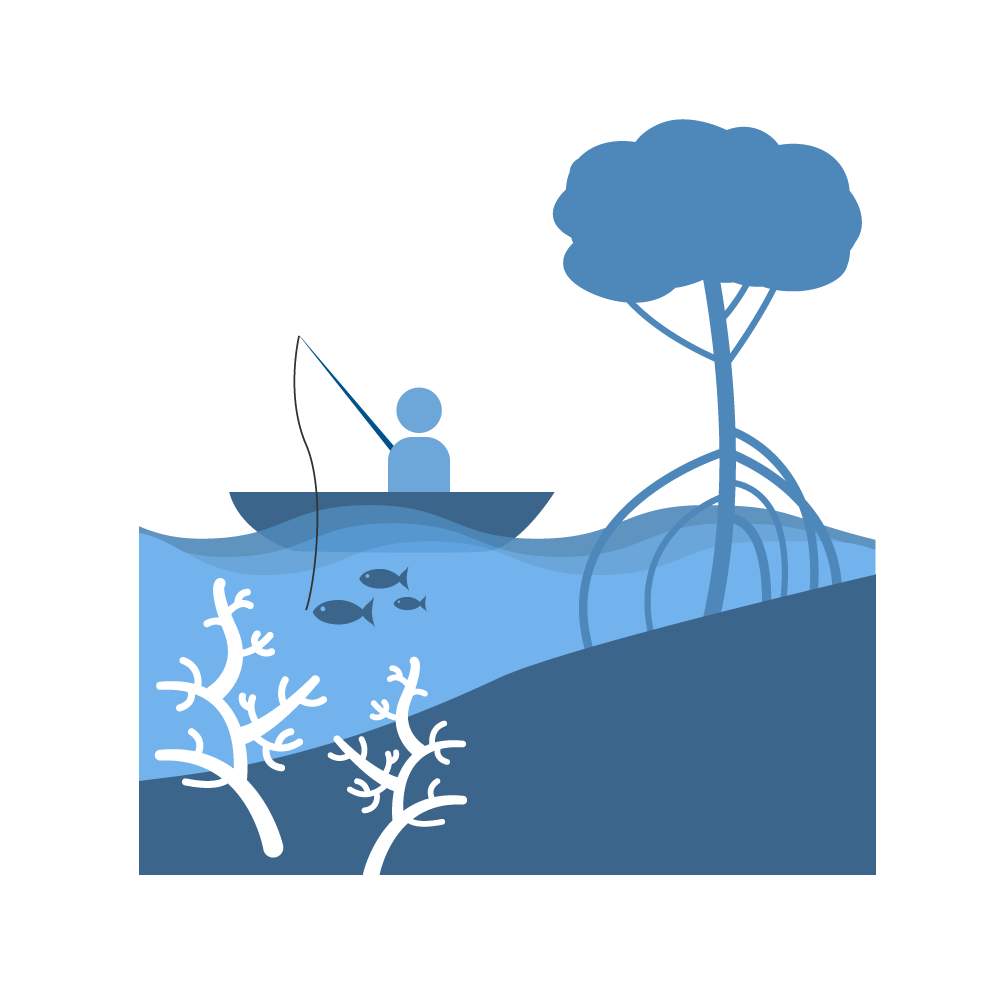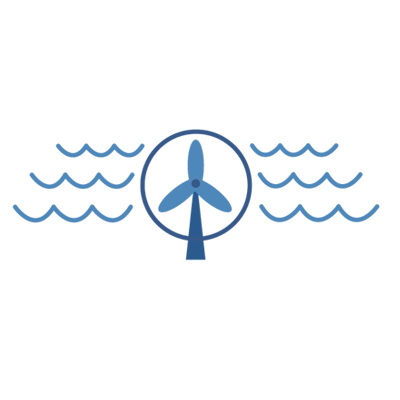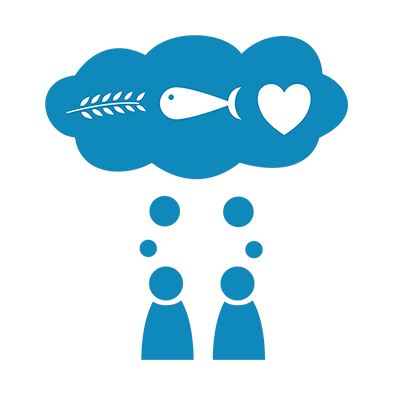The Blue Communities programme is made up of 12 projects:
1: Evidence synthesis
Lead(s): Dr Ruth Garside (University of Exeter, UK) and Dr Jacqui Eales (University of Exeter, UK)
Undertaking an evidence synthesis on the interactions between the health/wellbeing ‘nexus’, conservation actions and marine management, drawing on peer reviewed literature and published reports. This will utilise the Nature and People Evidence data portal to identify relevant research by biome and by region, as well as evidence available within countries in local languages.

2: Critical analysis of marine planning model applications
Lead(s): Dr Louisa Evans (University of Exeter, UK), Dr Tom Chaigneau (University of Exeter, UK) and Dr Matt Fortnam (University of Exeter, UK)
Performing critical analysis of the application of different models of marine planning in developing country and Biosphere Reserve contexts. This will consider how marine planning can add value to existing investments in governance, management and planning approaches, as well as supporting future trends and aspirations.

3: Impacts on Ecosystem services and values
Lead(s): Dr Olivia Langmead (University of Plymouth, UK)
Synthesis of local and regional knowledge on current impacts of climate change, resource use and environmental degradation on E/SE Asian marine ecosystems, and the goods and services they provide to the local communities. This included the less well-recognised services (e.g. regulating services) that will be important to understand for the less tangible aspect of well-being. This project will also identify data and modelling gaps and collect new data, as required.

4: Marine renewable energy
Lead(s): Dr Leuserina Garniati (Nia) (The Centre for Sustainable Energy and Resources Management Universitas Nasional (CSERM-UNAS), Indonesia)
Assessing the technical constraints and opportunities for small-scale marine renewable energy developments, taking advantage of the strong currents and large tidal ranges in the region, to provide low carbon electricity potential for remote communities, supported by social, economic, environmental and health impact assessments.

5: Small-scale coastal tuna fisheries management
Lead(s): Zacari Edwards (International Pole & Line Foundation)
Examining how traditional cultural and local social institutions are being mobilised in the context of small-scale coastal tuna fisheries management. By using marine planning, the potential of zoning off archipelagic waters entirely as a "small scale fishing only" zone will be investigated through collation and analysis of relevant social and economic evidence, including potential of local fishworker associations and/or customary bodies to have a stake in effort allocations via "community quotas".

6: Well-being benefits and risks of coastal living
Lead(s): Dr Karyn Morrissey (European Centre for Environment and Human Health, University of Exeter Medical School), Dr Mathew White (University of Exeter, UK) and Dr Vik Mohan (Blue Ventures)
Assessment of the well-being benefits (e.g. reduced air pollution, fewer symptoms of anxiety and depression, greater levels of physical exercise, and stronger senses of community) and risks of coastal living associated with environmental change (e.g. land/water use, water salinity), demographic change (e.g. inward migration, changing age profiles) and climate change. Pilot integrated marine conservation-community health programmes will be co-designed, implemented and evaluated using stakeholder focus groups, individual interviews and large scale surveys.

7: Earth observation approaches
Lead(s): Dr Peter Miller (Plymouth Marine Laboratory, UK)
Using Earth observation approaches for cost-effective monitoring of habitats and resource use. This will support management of these habitats by illustrating temporal trends and help develop a novel approach to the monitoring of aquaculture installations, through the identification of suitable locations and providing an early warning system for harmful algal blooms to protect livelihoods and human health.

8: Ecosystem service trade-offs
Lead(s): Dr Olivia Langmead (University of Plymouth, UK)
Developing the use of Probabilistic Graphical Models (PGMs) as decision support tools that provide spatially explicit representations of the ecosystem service trade-offs associated with different marine resource management options. The PGMs have the advantage that they can be built using existing data and models or in the absence of these, expert opinion. The PGMs will be linked to a Geographical Information System (GIS) to provide visual outputs that facilitate communication of the trade-offs to resource management practitioners and decision makers.

9: Principles and approaches to decision making
Lead(s): Dr Louisa Evans (University of Exeter, UK), Dr Tom Chaigneau (University of Exeter, UK) and Matt Fortnam (University of Exeter, UK)
Co-designing with stakeholders generic principles and approaches to making the hard political and ethical decisions about acceptable trade-offs in Development Assistance Committee (DAC) contexts. These principles will take account of international protocols and policy on basic needs, human rights and social justice, as well as national priorities on development, food security and public health alongside local culture, issues and sensitivities.

10: Future scenarios of changes in resources
Lead(s): Dr Susan Kay (Plymouth Marine Laboratory, UK), Dr Sevrine Sailley (Plymouth Marine Laboratory, UK),
Model development and application to forecast the long-term productive capacity of marine fisheries under climate and fisheries management scenarios, based on downscaling a global climate model, projecting high-resolution changes in physical and biochemical ocean properties, and eventually projecting fish production and catch potential under different fishing mortality targets. These can then be linked to economic models to assess opportunities and threats to future fisheries income.

11: Ecosystem level policy and management options
Lead(s): Dr Ana Queiros (Plymouth Marine Laboratory, UK), Dr Liz Talbot (Plymouth Marine Laboratory, UK),
Provision of adaptive, climate-ready ecosystem level policy and management options. Areas where marine ecosystems exhibit resilience to modelled pressures (e.g. climate change impact, fisheries, land run-off) will be identified, and vulnerabilities estimated in a spatially-explicit manner. Human activities, such as marine renewable energy or tourism expansion, and marine protected areas can then be co-mapped to inform spatial strategies for marine use that minimize potential human exacerbation of environmental degradation.

12: Systematic scenario planning
Lead(s): Dr Sabine Pahl (University of Plymouth, UK)
Developing alternative scenarios that integrate climate, ecological and social data and using these scenarios to explore solutions to current and projected development and planning challenges. These outputs will be used to support the visualisation of scenarios, which will be validated with stakeholders.